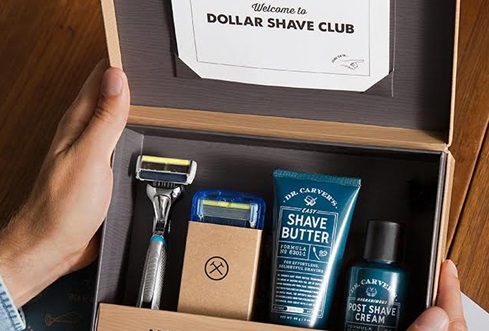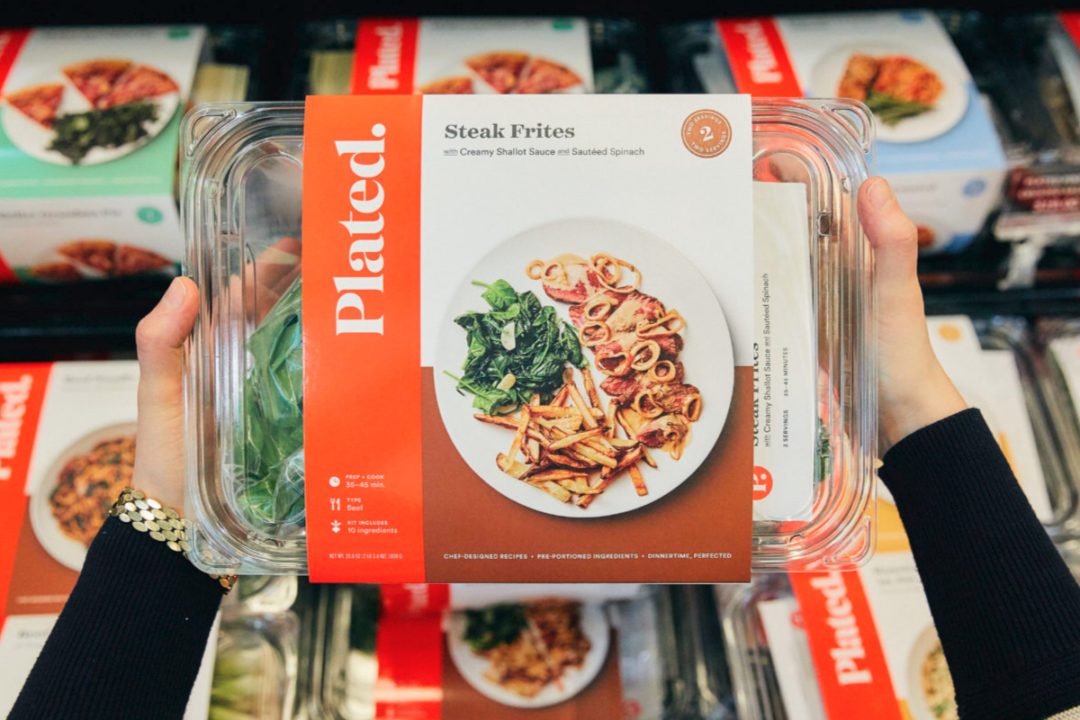No, I am not talking about the work burnouts. Nor am I talking about burning their cash through seed rounds. I am talking about the environment. The kind of sustainability that matters to the whole of human kind. The kind that dictates our existence on the surface of this planet. We have a big problem up ahead with the growing eco-system of anti-environmental start-ups.

Who are these evil entrepreneurs, one might ask. Before we start pointing fingers, here is a disclaimer: The problem is part us, the consumers who created a demand for these products and part entrepreneurs who are capitalising on the demand.
Subscription based CPG (Consumer packaged goods) is a young business model that went mainstream with the introduction of the Dollar Shave Club in 2011. They became such a massive hit that Unilever bought them for 1 Billion USD. But their low-priced subscription model caught the eyes of industry giants and entrepreneurs alike. Suddenly young start-ups began flooding the market with subscription-based consumer goods.
Here in Leeds, I can get laundry capsules, cooking ingredients, protein shakes and even toilet rolls delivered to my front door every week/month. Here in our business incubator, we have a start-up that delivers cleaning supplies to student flats on a regular basis and also helps with divvying up the cost equally among the flatmates.
But the problem starts when we look at the environmental impact of these subscription services. I have been using the same cleaning supplies and detergent that I bought over 4 months ago when I moved into my new flat. When we see such low monthly prices, it makes economic sense to subscribe to the service than to put in the effort of walking to Morrisons or Tesco and buying something that is way more expensive. However, has anyone checked the environmental toll of these much-loved subscription models?

Let us look at an example, GreenChef. They’re the one of the few Subscription-based CPG start-ups that claim to have a sustainable business model. I tried to venture into the heavily publicised report from the University of Michigan. But when I read through a post from the university on the study, I realised that they compared these meals to store-bought packaged meals and not to making meals at home. There are a lot of sketchy reports or even blatant masking of reports in the industry that help in propping up these start-ups as environmental warriors while taking advantage of a rapidly growing billion-dollar industry.
Every single company in this industry is running on the foundation of carbon intensive transportation systems of today and thin non-recyclable plastic packaging (be it for keeping the food fresh or secure wrap to avoid damage on the product during delivery). The rapid expansion of the industry with zero regards to the environment is worrisome as young entrepreneurs are our genuine hope for a sustainable future.